Beware lest you lose the substance by grasping at the shadow
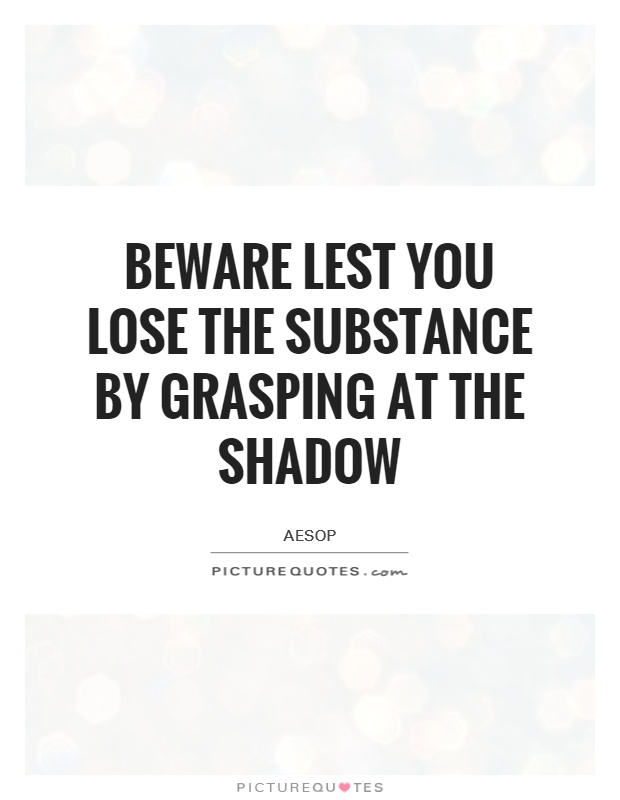
Beware lest you lose the substance by grasping at the shadow
In the world of Aesop's fables, the moral lessons often revolve around the consequences of greed, foolishness, and the pursuit of superficial desires. One such lesson can be found in the phrase, "Beware lest you lose the substance by grasping at the shadow." This warning serves as a cautionary tale about the dangers of prioritizing superficial or fleeting pleasures over what truly matters in life.In many of Aesop's fables, characters are often tempted by illusions of wealth, power, or status, only to realize too late that they have sacrificed something of true value in the process. The shadow represents these illusions, the superficial desires that can distract us from what is truly important. By grasping at the shadow, we risk losing sight of the substance, the things that bring true fulfillment and happiness.
One of Aesop's most famous fables that illustrates this concept is "The Dog and the Bone." In this story, a dog is carrying a bone in his mouth when he sees his reflection in a pond. Thinking that the other dog has a bigger and better bone, he drops his own bone to try and grab the one in the water. Of course, he ends up with nothing, realizing too late that he has lost the substance (his original bone) by grasping at the shadow (the illusory bone in the water).
This fable serves as a powerful reminder that we should be careful not to be swayed by superficial desires or comparisons. It is easy to be tempted by the allure of material possessions, social status, or external validation, but these things are often fleeting and can distract us from what truly matters in life – our relationships, our values, our personal growth, and our inner peace.

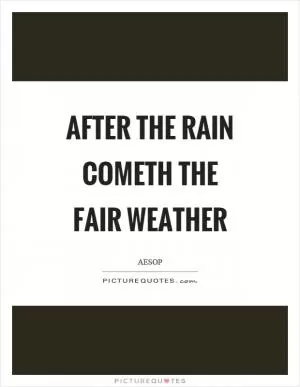
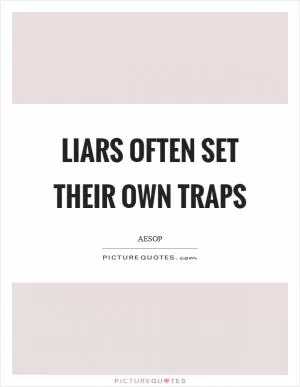




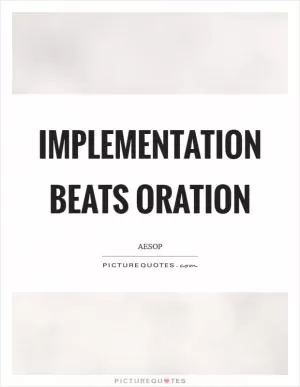


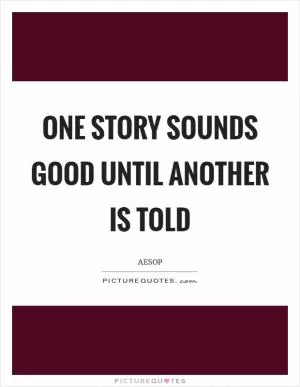

 Friendship Quotes
Friendship Quotes Love Quotes
Love Quotes Life Quotes
Life Quotes Funny Quotes
Funny Quotes Motivational Quotes
Motivational Quotes Inspirational Quotes
Inspirational Quotes